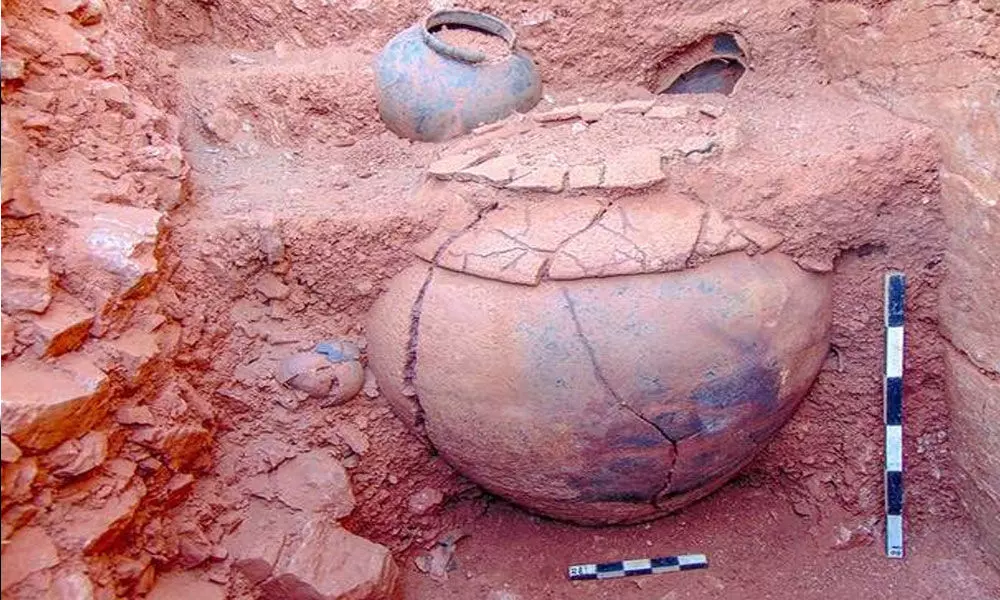Live
- Bali suggests foreign tourists get dengue fever vaccines amid increasing cases
- 10 gunmen killed in fighting in West Bank: Israel
- AAP volunteers' passion differentiates them from other parties: Punjab CM
- Foundations of India stand at threshold of 'destruction': Priyanka Gandhi
- India among top countries in artificial intelligence adoption
- The Must-Have Denim Fits For The Season
- Fire Service Week farewell program held at Anantapur
- Manage Your Liver Health and Boost Your Energy
- District SP conducts surprise inspection at Karnataka Border Check Post
- YSRCP has shown what good governance means in 58 months: CM









